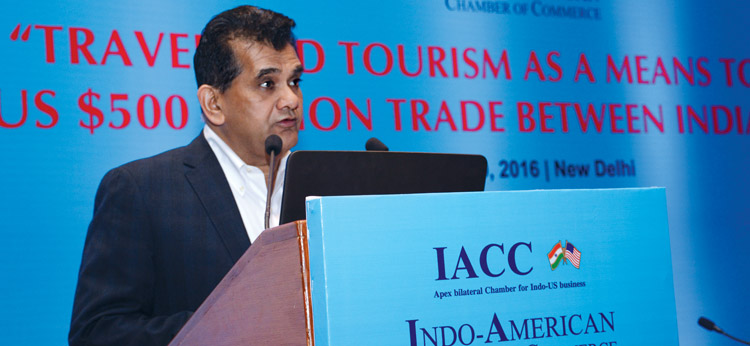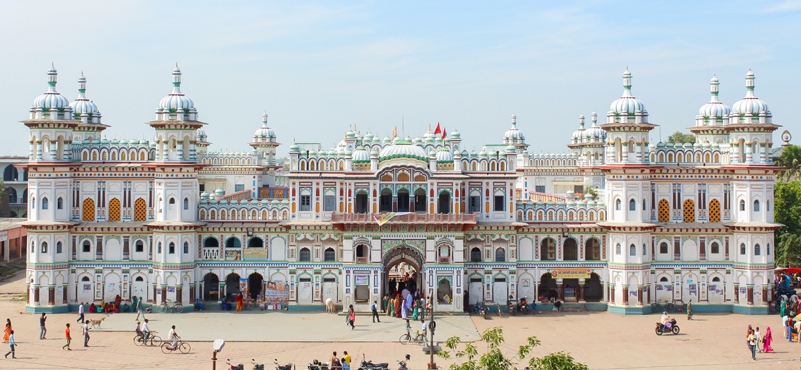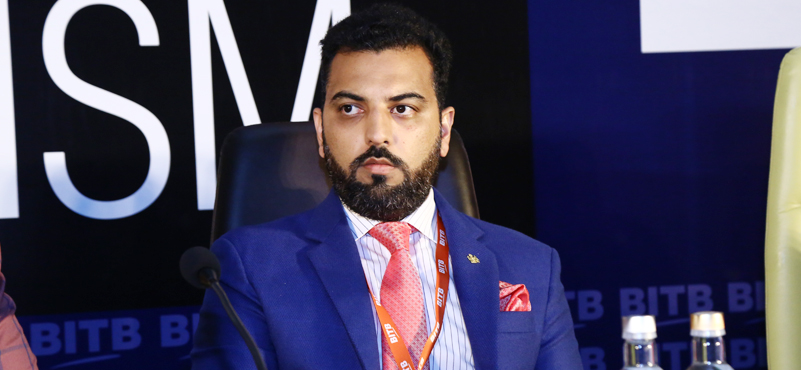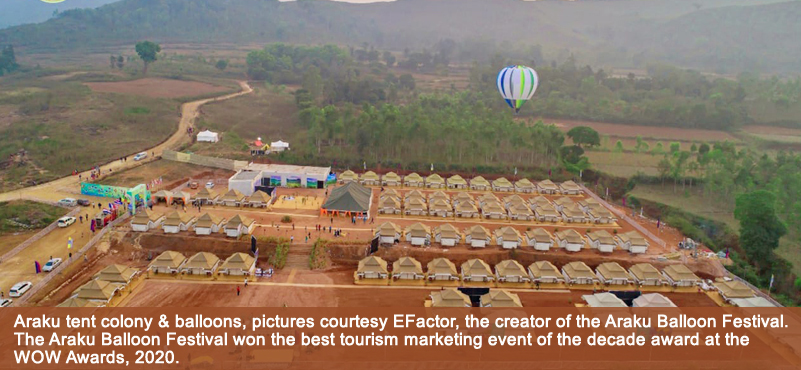Amitabh Kant was at his imperious best, as he gave a stirring keynote address on “Travel and Tourism as a means to achieve US$500 Billion trade between India and USA” at the IACC conference. Speaking on a wide range of issues, bottlenecks and opportunities in achieving the ambitious target, he advocated the need for focusing on economic development, noting that growth of tourism was not a ‘zero-sum’ game.
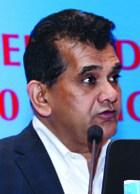
“I have always believed that tourism is critical to India, and has a multiplier effect in impacting creation of jobs. But sometimes people view tourism in isolation. The good thing is that the top political leadership, the PM himself, is committed to the betterment of our tourism sector,” he said, arguing that the time was ripe for enabling tourism’s growth and expanse in the country.
Sharing that a near double-digit GDP growth, sustained for at least three decades, was going to be critical for India’s interest and aspirations, he said that ‘ease of doing business’ needed immediate implementation. Noting that growth of tourism in India was intrinsically linked to India’s economic growth, he added “We are already doing it in a big way. India’s position in the list of nations ranked for ‘ease of doing business’ jumped up by 12 positions in 2015. On the FDI front, while global FDI inflow declined as much as 16 percent, India’s inflow grew as much as 50 percent, compared to the previous year.”
Stressing on the importance of tourism, he said that it was ‘critical’ to world’s economy, and accounted for seven percent of global GDP. “30 percent of world’s service is generated by travel and tourism,” Amitabh Kant added.
He asserted that days when the world’s travel and tourism industry revolved around US and European travellers were long over, and there had been a systematic rise of the ‘Asian traveller’ in the last decade. “The world of travel and tourism is changing radically. From being a function of how Americans and Europeans would travel – where all major hospitality training schools in Switzerland were designed for European travellers and trained professionals from those schools served in key hotels across the world – to the rise of the ‘Asian traveller’ with outbound clocking in tune of 14 millions from India and over 100 million from China, the change has been profound,” he reflected.
Commenting on urbanization, he said that the process had already ended across America and Europe, and was nearing its end in China, leaving only India in the midst. “As the process of urbanization has just commenced in India, we will witness over 700 million people come under it in the next 30-40 years. And these people would travel in a very big way,” he forecasted.
Cautioning against a rat-race for acquiring larger numbers of tourists and suggesting positioning India as an up-market high value experiential destination, he said, “This chase for numbers has destroyed destinations. India must not tread that path. However, it requires a lot of hard-work.”
Contesting that there was a new bunch of travellers, who wanted authentic experiences, he suggested that for tourism to succeed, India needed to look at creating those experiences for them. Referring to a WTO survey that reflected the change in tourism landscape from 1980’s to 2010, Amitabh Kant persisted that today’s traveller wanted to visit the destination not only for its tourist offerings, but wanted to sample it in its entirety. “A modern day tourist does want to witness a destination in its natural cultural form. He wants to see India how it exists, and it is very important for us to provide them that local authentic experience,” said the seasoned bureaucrat.
He outlined that not only there had been a change in the consumer profile, but there had been a dramatic shift in distribution channels, too. Pointing towards receding numbers of brick-and-mortar agents, he said that much of travel and tourism was moving in the digital space. “Technology has become a key driver with changed distribution systems. The world of tourism has moved away from tour operators and travel agents. Those traditional tour operators and travel agents who do not add value to tourists are getting wiped out. People are discovering destinations, booking tickets and hotels, all through their mobile phones,” said Amitabh Kant.
Calling India unique by the virtue of being a ‘long-haul destination, he noted that most of world’s travel had become regional in nature, and Southeast Asia was the only exception in this process of evolvement. “Destinations in Europe are short-haul ones. People travel by car and rail across one country to another,” he noted. Comparing India’s case with that of the world, he said that 97 percent of our foreign guests came through the skies, lamenting that the cost of restrictive aviation and business polices had been enormous for India.
“Our international road movement is negligible. Therefore, we must focus on opening up of civil aviation in a dramatic manner. We have, obviously, already made good start on that front with the recently launched civil aviation policy,” said Amitabh Kant. Addressing the gathering, he repeatedly linked tourism to employment, stating that every airline seat thrown open for foreign travellers would create two jobs in India. “When President Obama was visiting the Disneyworld, he said that the more folks visit the USA, more Americans will get back to work. It is as simple as that,” he passionately added. He said that given that India needed to create a million jobs each month for its young population, tourism was nation’s best bet. “I have been involved in manufacturing sector, and can tell you that it is a long-term gain and takes time in yielding desired results. Tourism, on the other hand, can give you quick results. We will have to view tourism not as a luxury activity but as a creator of jobs,” he said.
However, India needed a measure of course correction to be able to achieve intended figures in bilateral trade and tourism, he felt. Urging stakeholders to engage with civic society, he noted that we, as a nation, needed to get our act right in civic governance. Amitabh Kant was of the opinion that at a time when several nations had put in place attractive and aggressive marketing and promotional strategies, India needed a completely new communication strategy. “Aside the very successful ‘Incredible India’ campaign over a decade ago, nothing much has happened. It has been a long gap since then. We must put in place an aggressive promotional strategy and carpet-bomb India as a destination in key markets,” he said. Acknowledging the importance of social media in furthering outreach, he called for a comprehensive 360-degree campaign across all platforms.
Examining other impediments, he reflected on impractical taxation put in place on hotels, campaigning for a predictable and uniform tax structure across states. He also pointed towards the lacuna in ensuring adequate skilled work force development. “India has been creating far too many managers and far too little skilled workers. The ratio is somewhere around 80:20. We need the exact opposite. There is an urgent need for radical restructuring of HRD systems in tourism sector in India,” he noted.
He linked the growth of Asian outbound to the need for more hotel managers from India, manning best of properties across the world, stating that it was going to be an inevitable reality. “Human resource development and management remains a key to growth for India,” he said.
Terming Indian villages’ unique products in themselves, he said that rural tourism could become a key segment for India. He favoured converging and integrating communities across the board by mooting community participation in tourism initiatives.

